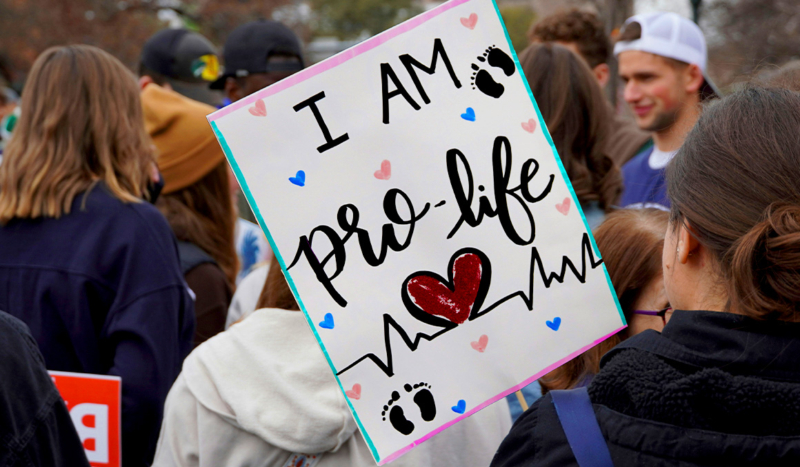
Elyssa DeDios / Unsplash
City officials in Carbondale, Illinois, are facing a legal setback after failing to properly respond to a federal lawsuit, effectively conceding claims that they targeted a pro-life demonstrator for his religious views.
Brandon Hamman, a Christian sidewalk counselor affiliated with Gospel for Life, stood outside an abortion facility in the city in April, holding signs with messages such as “We will adopt your baby” and “Love your preborn neighbor as yourself,” the American Center for Law and Justice (ACLJ) reported July 28. The demonstration, which included information about abortion pill reversal, was part of his religious outreach to women in crisis pregnancies.
According to the lawsuit filed by ACLJ, city officials told Hamman his signs were considered “commercial” and not permitted. When he referenced his right to free speech, he was allegedly told by a city representative, “No, you don’t.”
Officials reportedly denied him access to a permit application typically available to nonprofits and warned him of penalties if he did not comply.
However, instead of filing a standard legal answer to ACLJ’s lawsuit over the incident, city attorneys submitted only a motion for summary judgment.
“When the ACLJ filed suit to defend Brandon’s constitutional rights, we expected the city to file an answer denying our allegations,” ACLJ said. “Instead, they made a critical procedural error that has blown their case wide open.”
Under federal rules, the city’s failure to answer the complaint correctly means all allegations are treated as admitted — an outcome the ACLJ calls an effective confession of unconstitutional conduct.
“The city’s own lawyers have handed us a constitutional confession,” ACLJ noted, later adding, “By failing to file an answer, the city of Carbondale has been forced to admit some truly damaging facts.”
Court records now reflect uncontested claims that the city enforced its ordinance selectively against religious viewpoints, denied Hamman the opportunity to apply for a permit, and acknowledged that his signs did not obstruct pedestrian or automobile traffic.
Legal experts at the ACLJ note that while the city can ask to amend its filing, doing so would involve acknowledging the oversight and explaining the failure to follow court procedures — a potentially difficult position for the legal team.
“Either way, they lose,” ACLJ said. “They’re stuck with admissions that prove constitutional violations, or they must confess legal incompetence to escape them.”
ACLJ has since filed its own motion for summary judgment, seeking a formal declaration that the city’s ordinance is unconstitutional and a court order preventing similar restrictions in the future.

